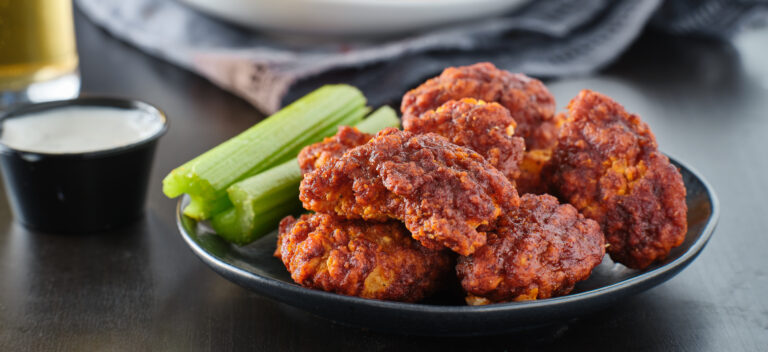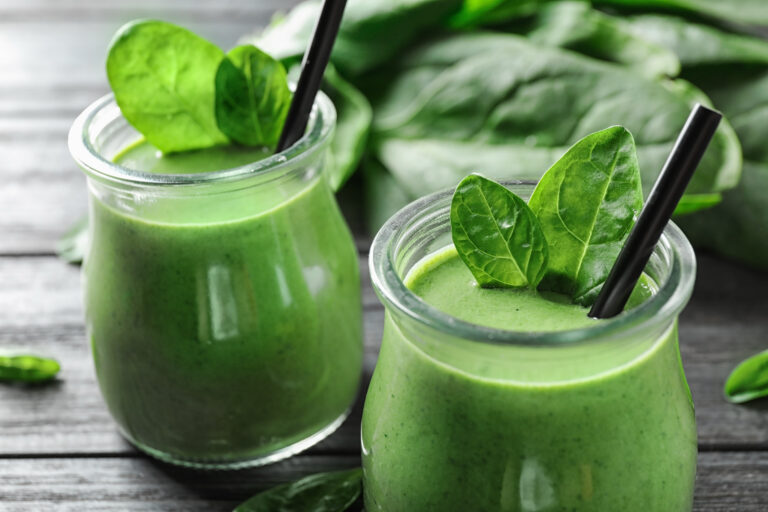
The Gut-Brain Connection
Share
Did you know your brain has a direct effect on your stomach and gastrointestinal system?
Ever feel nervous or stressed before public speaking? It can send signals to your stomach or gut to cause a stomachache or a feeling of butterflies. Have you ever thought about what you’re going to eat for lunch before it was time to eat? Your body starts releasing stomach juices before the food gets there. The connection goes both ways; brain to gut and gut to brain.
Deep in the walls of your digestive system there is what is considered a “second brain” which is also known as your “enteric nervous system” (ENS ). The ENS has more than 100 million nerve cells lining your GI tract from your esophagus all the way to your rectum. Your “second brain” can’t balance your checkbook or give you the knowledge for your math test, but its main role is controlling digestion; from releasing enzymes after swallowing that break down food to controlling blood flow and helping with nutrient absorption. Your ENS can cause big emotional shifts for people who have irritable bowel syndrome, or other functional bowel problems-constipation, diarrhea, bloating, etc. For many years, it was thought that anxiety and depression caused these bowel problems, but recent studies and evidence has shown that it is actually the other way around. People with bowel problems have a higher-than-normal percentage of developing depression and anxiety. Which is important data because 30% to 40% of the population has a functional bowel problem at some point.
Although, this does not mean that all GI symptoms are imagined or “in your head,” it is important to think about the food you are putting in your body to fuel it. Some ways to help is to increase the amount of prebiotics and probiotics that can help aid in digestion. Probiotics are live bacteria and yeasts that replenish your gut with more good bacteria. Prebiotics are ingredients that your body can’t fully digest, but they work with probiotics and help them feed your gut bacteria. Examples of probiotics are yogurt, kimchi, many cheeses, pickles, and sauerkraut. Prebiotics are found in high fiber grains, vegetables and fruits (especially garlic, onions, bananas, and asparagus).
Resources
https://www.health.harvard.edu/diseases-and-conditions/the-gut-brain-connection#:~:text=The%20gut%2Dbrain%20connection%20is,Gut%20health%20and%20anxiety
https://www.hopkinsmedicine.org/health/wellness-and-prevention/the-brain-gut-connection
https://www.health.harvard.edu/nutrition/prebiotics-understanding-their-role-in-gut-health


